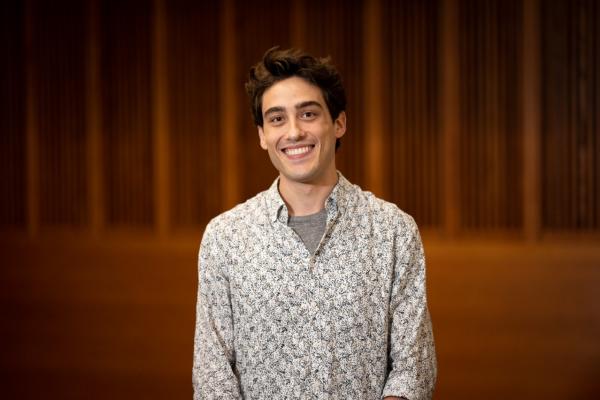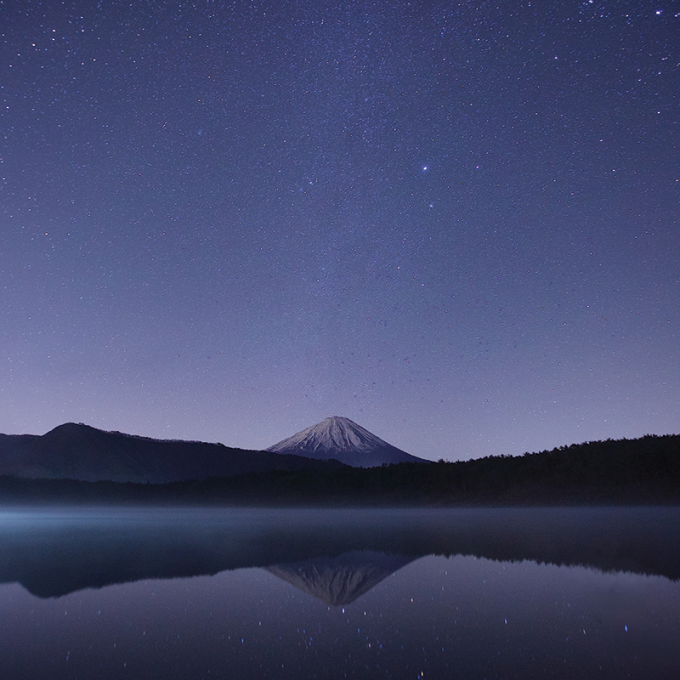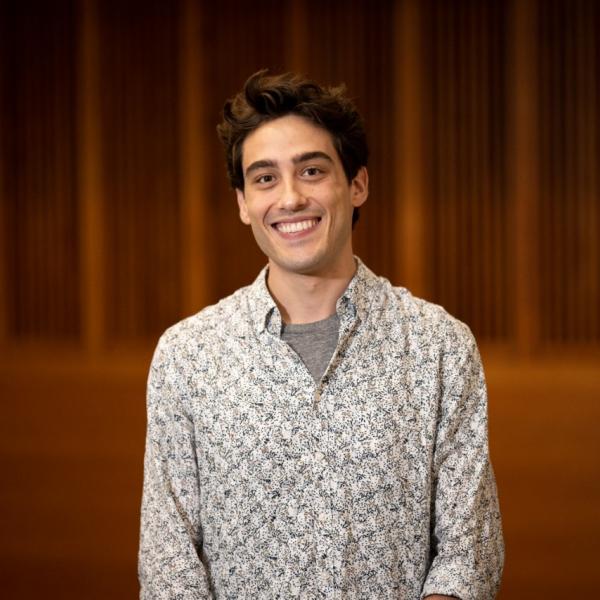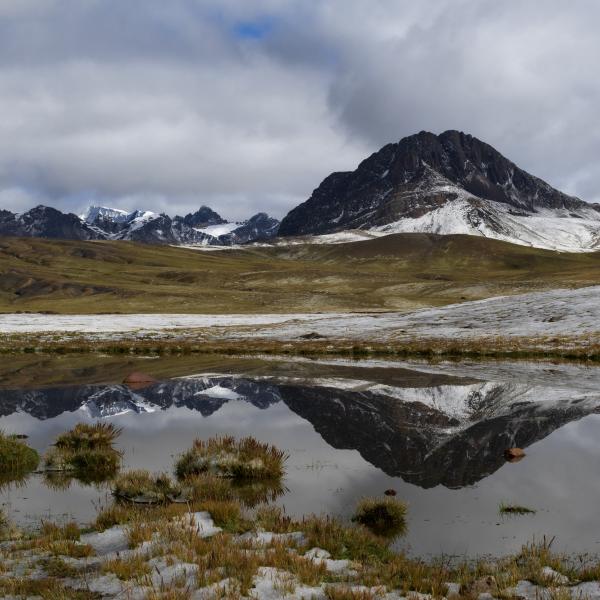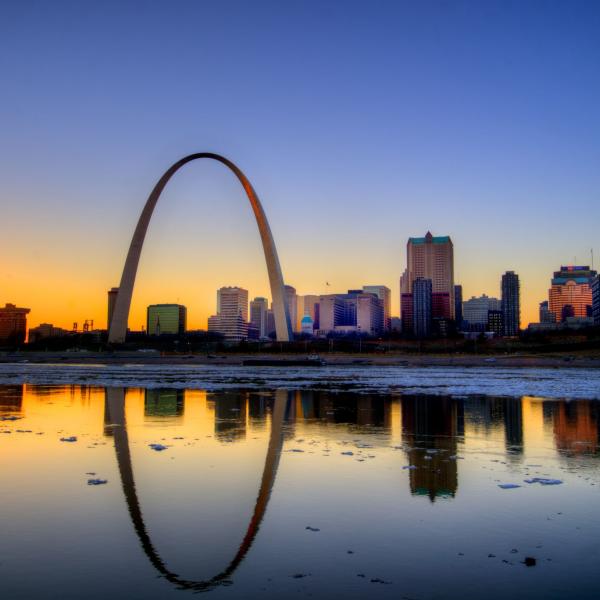Roger Michaelides uses a variety of remote sensing instruments, geospatial techniques, and time series methods to study dynamic surface processes from Arctic tundra wildfires to high-desert debris flows.
Michaelides is a radar geophysicist by training, with expertise in several radar remote sensing modalities and techniques, specifically: Interferometric Synthetic Aperture Radar (InSAR), radar altimetry, ground-penetrating radar, radio echo sounding. He is interested in developing novel remote sensing and geospatial techniques that can be applied to study dynamic processes and properties of the cryosphere, hydrosphere, land surface, and critical zone. His research interests include:
- Studying active layer and tundra wildfire interactions within the context of a warming Arctic
- Monitoring wildfires and debris flows with InSAR
- Developing multi-sensor (radar, optical, lidar) fusion strategies for surface topography and surface deformation and change observations
- Modeling and characterizing error and uncertainty terms of active-source remote sensing instruments
- Applying radar signal processing methods, including Synthetic Aperture Radar (SAR) image processing, delay-doppler altimetry, SAR reflectometry and scattering modeling
Michaelides received his undergraduate degrees in Physics and Science of Earth Systems from Cornell University in 2015. He then received his PhD in Geophysics at Stanford University in 2020 under the supervision of Howard Zebker. After receiving his doctorate, Michaelides worked as a postdoctoral research associate with joint appointments in the Colorado Geological Survey and the Department of Geophysics at the Colorado School of Mines from 2020-2022. He joined the Washington University faculty in August 2022.
The Radar Interferometry and Geospatial Science Laboratory (‘Radar Lab’), led by Michaelides, is actively seeking graduate students and postdoctoral researchers to work on a range of research topics. If interested, please contact Roger Michaelides directly or visit the lab website for more information on current research opportunities.

